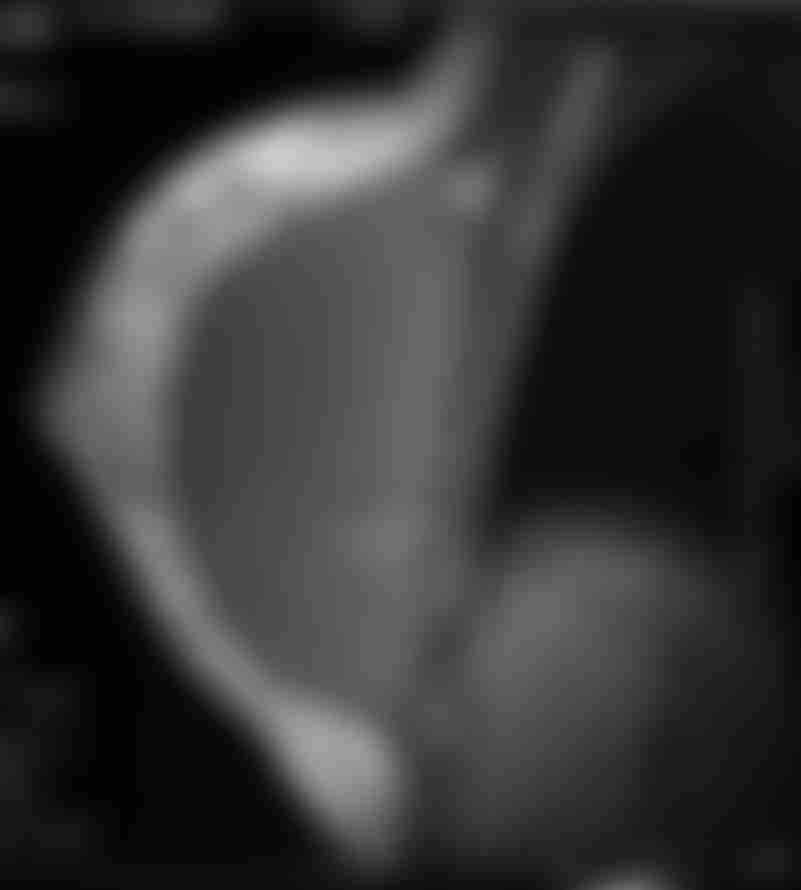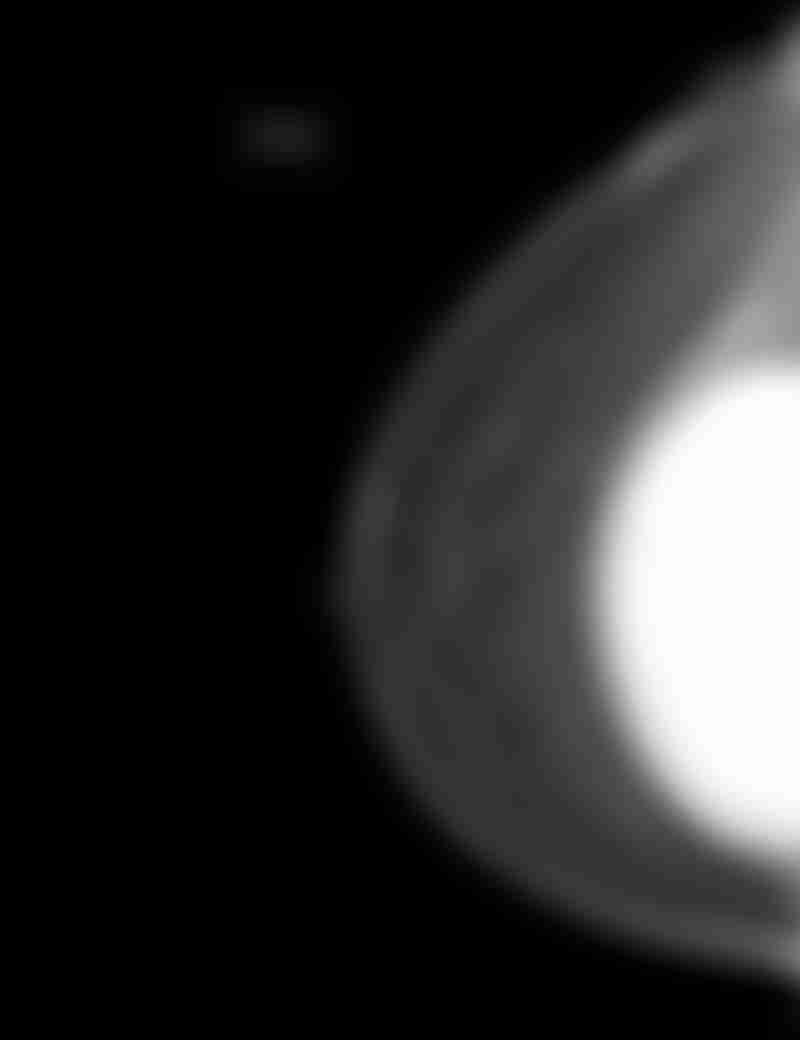Mammogram for Women with Breast Implants

Source: Shutterstock
Mammograms are an essential part of breast health screening. If you have breast implants, you may wonder if you can and should still get mammograms. Recommendations for breast cancer screening for women with and without implants are the same. Women with implants who are diagnosed at similar cancer stages of breast cancer have similar prognoses to women without implants.
Thus, even with breast implants, mammograms remain an important method for breast cancer screening. However, there are additional considerations if you have a breast implant. Despite these additional considerations, it is crucial not to let them deter you from scheduling a screening mammogram. All you need to do is inform your mammography technologist beforehand so that necessary precautions can be taken to ensure the procedure is safe and successful.
How will a breast implant affect a mammogram?
The purpose of a mammogram is to detect abnormalities in the breast tissue. There are several factors that may hinder this process:
- Reduced visibility of breast tissue
Breast implants can partially obscure mammogram images because they are not transparent to X-rays (radiopaque). This can make it more challenging to visualize all the breast tissue, especially in the area near the implant and can make compression of the breasts, which is a routine part of a mammogram, difficult. Implants can make it harder to detect small abnormalities or tumors in the breast tissue, as they can hide behind or be partially or fully obscured by the implant. This issue has spurred interest in utilizing radiolucent implant fillers instead of the standard saline or silicone fillers. However, much more research needs to be done, considering the need for biocompatibility of such fillers in the human body.

Mammogram of a breast with a breast implant. Adapted from: Shutterstock
- Type of implant
Different types of implants can affect a mammogram differently. Saline implants are implants filled with sterile salt water that are typically easier to visualize on mammograms, as they are more compressible than silicone implants.
- Presence of capsular contracture
Capsular contraction is a common condition whereby the scar tissue around the implant tightens and squeezes the implant.

Source: Science Photo Library
This generally happens during the healing process and can make it more challenging to obtain clear mammogram images. Capsular contraction may or may not show any symptoms, depending on the extent of contraction. Generally, in more serious cases, the breasts may appear abnormal and feel painful or sore. If you suspect you have capsular contraction, it is important to inform your technologist and discuss your concern with your doctor.
How do you have a mammogram with breast implants?
In order to visualize as much of the breast tissue as possible, the technologist will position and adjust your breast in certain ways in addition to the standard mammogram views. These are called implant displacement views. For these views, the technologist will temporarily shift the implant towards the chest wall and pull the breast tissue forward. The breast tissue will then be compressed to allow for better imaging. As the implant must be properly positioned, you may experience discomfort as the technologist adjusts your breast. It may be even more uncomfortable if you have capsular contracture. Let your technologist know if it gets too uncomfortable, and they will adjust accordingly. As this requires experience, it is better to look for a mammogram facility that has experience working with breast implants.
Risks of getting a mammogram with breast implants
There are some risks of getting a mammogram if you have breast implants, but they are very rare or have a very low impact. These risks include:
- Implant rupture
There is a very slight chance that your implant may rupture during the mammogram. Therefore, informing your technologist of your breast implant is very important. Fortunately, cases like this are very rare. A recent review of breast implant-related adverse events during mammography showed that approximately 2% of adverse events were due to implant rupture.
- Increased exposure to radiation
Due to the additional images required for people with breast implants, you will be exposed to more radiation. However, the amount remains low and safe. The benefits of a mammogram still outweigh the risks of extra radiation exposure.
What to do when you have a breast implant
It's essential to communicate with your healthcare provider about your breast implants and follow their recommendations for breast health screenings. They will use specialized techniques and views to obtain the best possible images for assessment. Mammograms are an effective screening method for early detection, which should be prioritized for your breast health and overall well-being. If you have concerns or experience any changes in your breast health, don't hesitate to discuss them with your healthcare team. Remember, personalized care is essential. Your healthcare provider will consider your circumstances and the specific characteristics of your implants to ensure that the mammogram is performed effectively and safely.